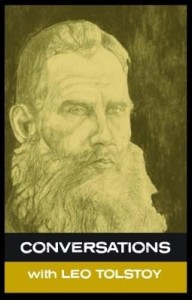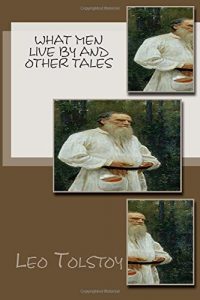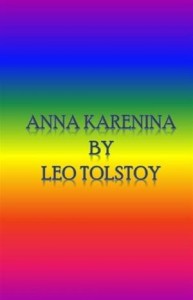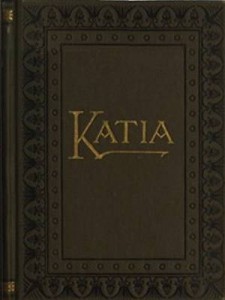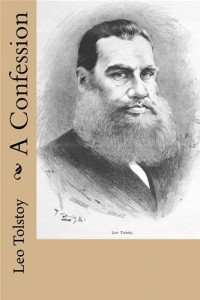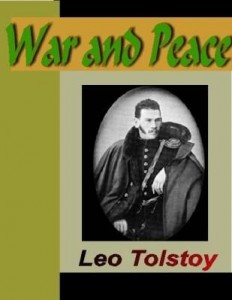When most think of Tolstoy, they think of the great author. 'War and Peace' and 'Anna Karenina' brought him worldwide fame, and a good deal of money. Had he done nothing else in life, these two novels would have ensured him status and respect. Few others had written both a national epic and a great love story; and some might have been content with that. For his last thirty years, however, Tolstoy walked a different track. After his spiritual crisis, when he was 50, he exchanged his author's clothes for those of a prophet - a prophet who was to have a great influence on Gandhi amongst others. Through his prolific writing, he now became the scourge of the rich, the Church and the Government. Neither did he miss an opportunity to denounce both science and art. Darwin? Dostoyevsky? Shakespeare? No one was to be left standing. In 'Conversations with Leo Tolstoy', The conversation is imagined, but not Tolstoy's answers. This is Tolstoy is his own words, drawn from his extensive books, essays and letters; and the military, vegetarianism, marriage, non-violence, death, God and sex are all on the agenda. 'I want people to come away feeling they know Tolstoy,' says Simon Parke, who was keen to use only Tolstoy's authentic words. 'They will be become aware of his opinions certainly, for he was forthright in those. He had an opinion on everything! But I hope also that people leave with a sense of the man beneath the opinions. I don't always agree with him; but it is hard not to admire him. He was far from perfect, but as he says: just because he walks the road like a drunk, doesn't mean it's the wrong road.'
Conversations with Leo Tolstoy
Sobre
Talvez você seja redirecionado para outro site
